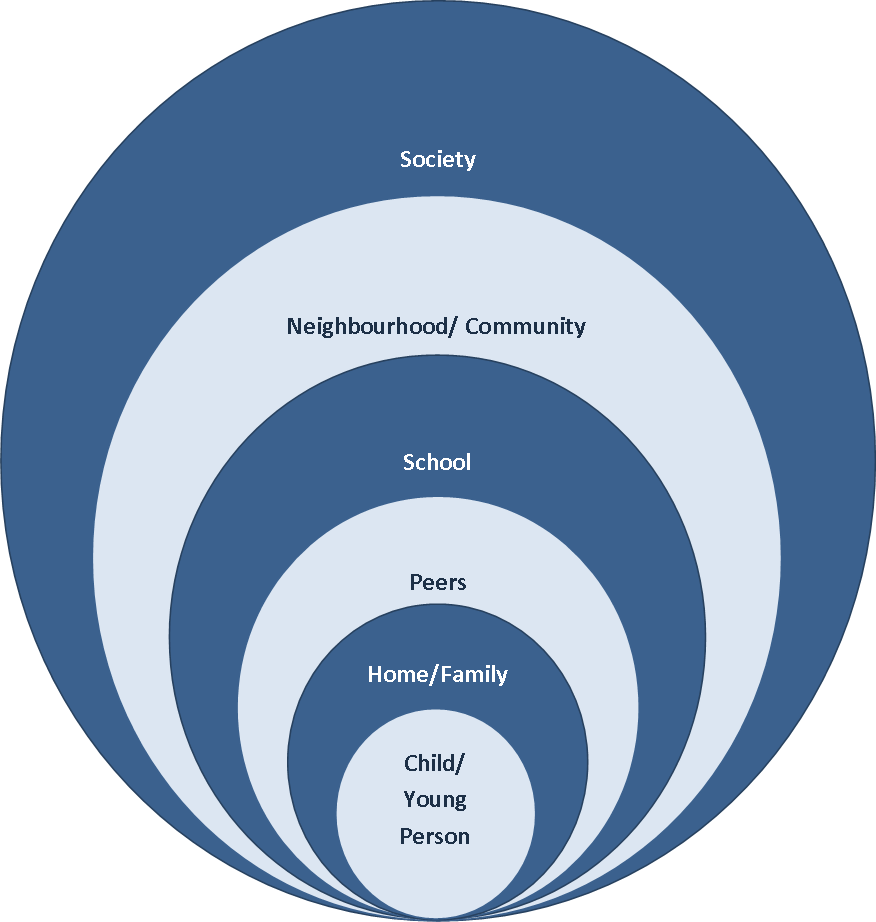Children, young people and adults can be victims of exploitation and although it may come in many forms and have different names, the patterns remain the same.
The West Midlands definition of exploitation: an individual or group takes advantage of an imbalance of power to coerce, control, manipulate or deceive a child, young person (under the age of 18) or adult and exploits them a) through violence or threat of violence and/or b) for the financial or other advantage of the perpetrator or facilitator and/or c) in exchange for something the victim needs or wants. The victim may have been exploited even if the activity appears consensual. Exploitation does not always involve physical contact, it can also occur through the use of technology.
Wolverhampton Safeguarding Together is committed to ensuring that there is widespread awareness of the different types of exploitation and robust processes and pathways in place to respond to it.
During 2020, a significant amount of work has taken place to re-design and improve our multi-agency response to all forms of exploitation which include: sexual exploitation; criminal exploitation; county lines; gangs; slavery; and trafficking. We know the only way we can do this is by taking a contextual safeguarding approach.
A contextual safeguarding approach recognises that the different relationships that young people form in their neighbourhoods, schools and online can feature violence and abuse. Parents and carers have little influence over these contexts and young people’s experiences of extra-familial abuse can undermine parent-child relationships. This revised system that we are creating recognises that the ‘capacity to safeguard’ is everyone’s responsibility, particularly in relation to creating and sustaining safe spaces and places. It’s one which needs to look beyond individual families and consider the contextual nature of the harm. Traditional social work assessments have focused on the capacity of parents/carers to care for and protect their children. The difference with a contextual safeguarding approach is those assessments are broader in terms of understanding the extra familial risks. This brings the capacity of adults, beyond the parents/carers, into scope and their ability to increase safety and protection.
The new working arrangements brings together a broader range of professionals who do have influence over/within extra familial contexts and who need to work together and recognise that assessment of and intervention in these spaces is a critical part of safeguarding practices. Contextual safeguarding expands the objectives of child protection systems in recognition that young people are vulnerable to abuse in a range of social contexts.
The new system response builds on existing processes and practices that are well established to respond to child sexual exploitation. The key changes include:
- Revised Thresholds to Support to clearly include extra familial risks and contextual safeguarding
- New Exploitation Screening Tool to assess risk for all forms of exploitation
- Introduction of revised Multi-Agency Safeguarding Hub pathway to ensure thorough understanding of intra and extra familial risk of all exploitation referrals
- Extension of the Multi-Agency Sexual Exploitation (MASE) risk management panels to support and protect children and young people at serious and significant risk of all forms of exploitation (MASE)
- Extension of the remit of Child Sexual Exploitation and Missing Operational Group to respond to all forms of exploitation (CEMOG)
- Introduction of a Partnership Exploitation and Missing Hub
These changes will take effect from February 2021. During December 2020 and January 2021, a number of multi-agency workshops are being hosted to inform colleagues of the changes and build awareness across all sectors of the importance of working together if we are going to protect our children and young people from risks associated with exploitation.
In this section you will find a range of resources to support your understanding of the system. If you have any queries or would like any further information, please contact Amy.Cooper@wolverhampton.gov.uk




